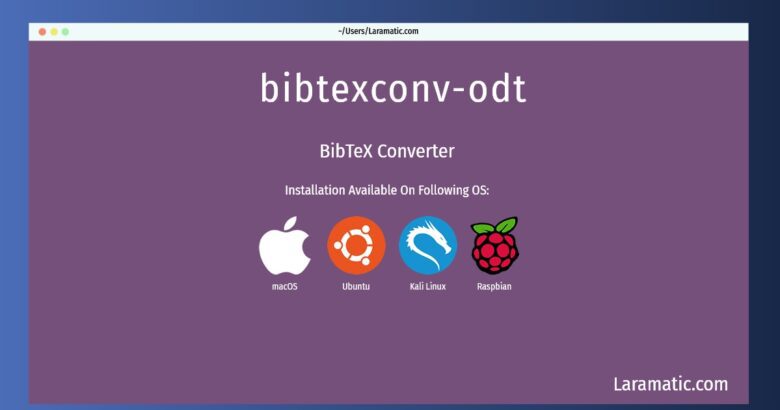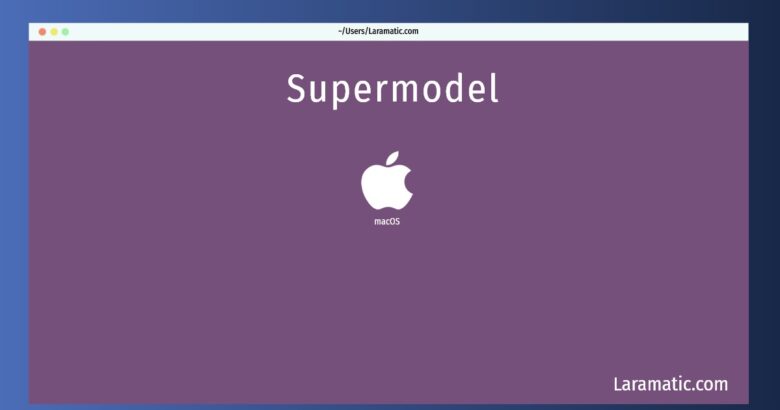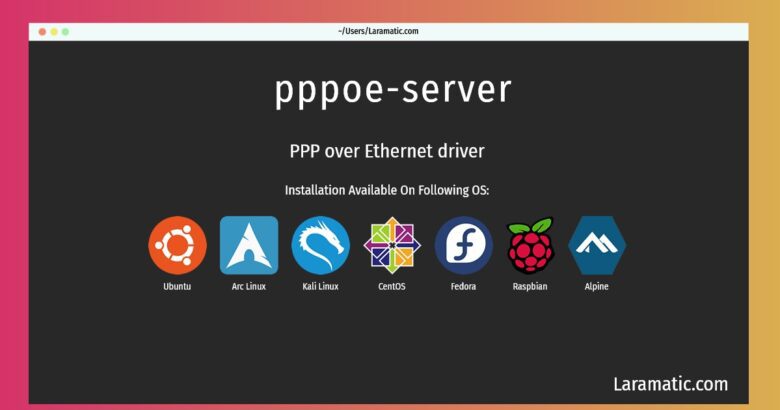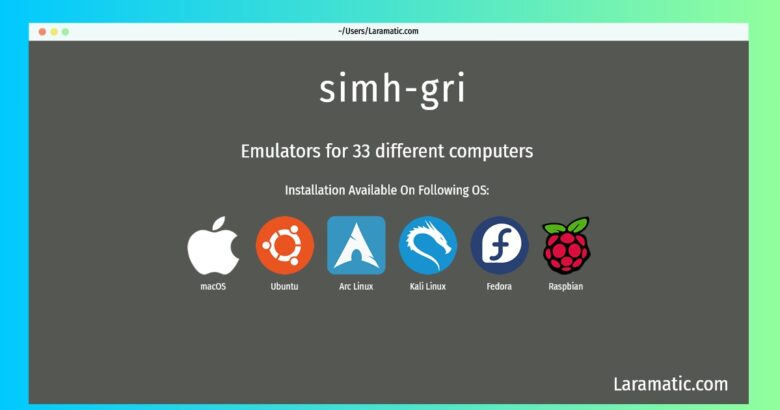How To Install Who@ On Debian, Ubuntu, Kali, Raspbian And MacOS?
Install who@
-
Debian
apt-get install ucspi-tcpClick to copy -
Ubuntu
apt-get install ucspi-tcpClick to copy -
Kali Linux
apt-get install ucspi-tcpClick to copy -
Raspbian
apt-get install ucspi-tcpClick to copy -
macOS
brew install ucspi-tcpClick to copy
ucspi-tcp
command-line tools for building TCP client-server applicationstcpserver waits for incoming connections and, for each connection, runs a program of your choice. Your program receives environment variables showing the local and remote host names, IP addresses, and port numbers. tcpserver offers a concurrency limit to protect you from running out of processes and memory. When you are handling 40 (by default) simultaneous connections, tcpserver smoothly defers acceptance of new connections. tcpserver also provides TCP access control features, similar to tcp-wrappers/tcpd's hosts.allow but much faster. Its access control rules are compiled into a hashed format with cdb, so it can easily deal with thousands of different hosts. This package includes a recordio tool that monitors all the input and output of a server. tcpclient makes a TCP connection and runs a program of your choice. It sets up the same environment variables as tcpserver. This package includes several sample clients built on top of tcpclient: who@, who@, who@, who@, tcpcat, and mconnect. tcpserver and tcpclient conform to UCSPI, the UNIX Client-Server Program Interface, using the TCP protocol. UCSPI tools are available for several different networks.
ucspi-tcp-ipv6
command-line tools for building TCP client-server applications (IPv6)ucspi-tcp-ipv6 is the ucspi-tcp package with IPv6 support added. tcpserver waits for incoming connections and, for each connection, runs a program of your choice. Your program receives environment variables showing the local and remote host names, IP addresses, and port numbers. tcpserver offers a concurrency limit to protect you from running out of processes and memory. When you are handling 40 (by default) simultaneous connections, tcpserver smoothly defers acceptance of new connections. tcpserver also provides TCP access control features, similar to tcp-wrappers/tcpd's hosts.allow but much faster. Its access control rules are compiled into a hashed format with cdb, so it can easily deal with thousands of different hosts. This package includes a recordio tool that monitors all the input and output of a server. tcpclient makes a TCP connection and runs a program of your choice. It sets up the same environment variables as tcpserver. This package includes several sample clients built on top of tcpclient: who@, who@, who@, who@, tcpcat, and mconnect. tcpserver and tcpclient conform to UCSPI, the UNIX Client-Server Program Interface, using the TCP protocol. UCSPI tools are available for several different networks.







